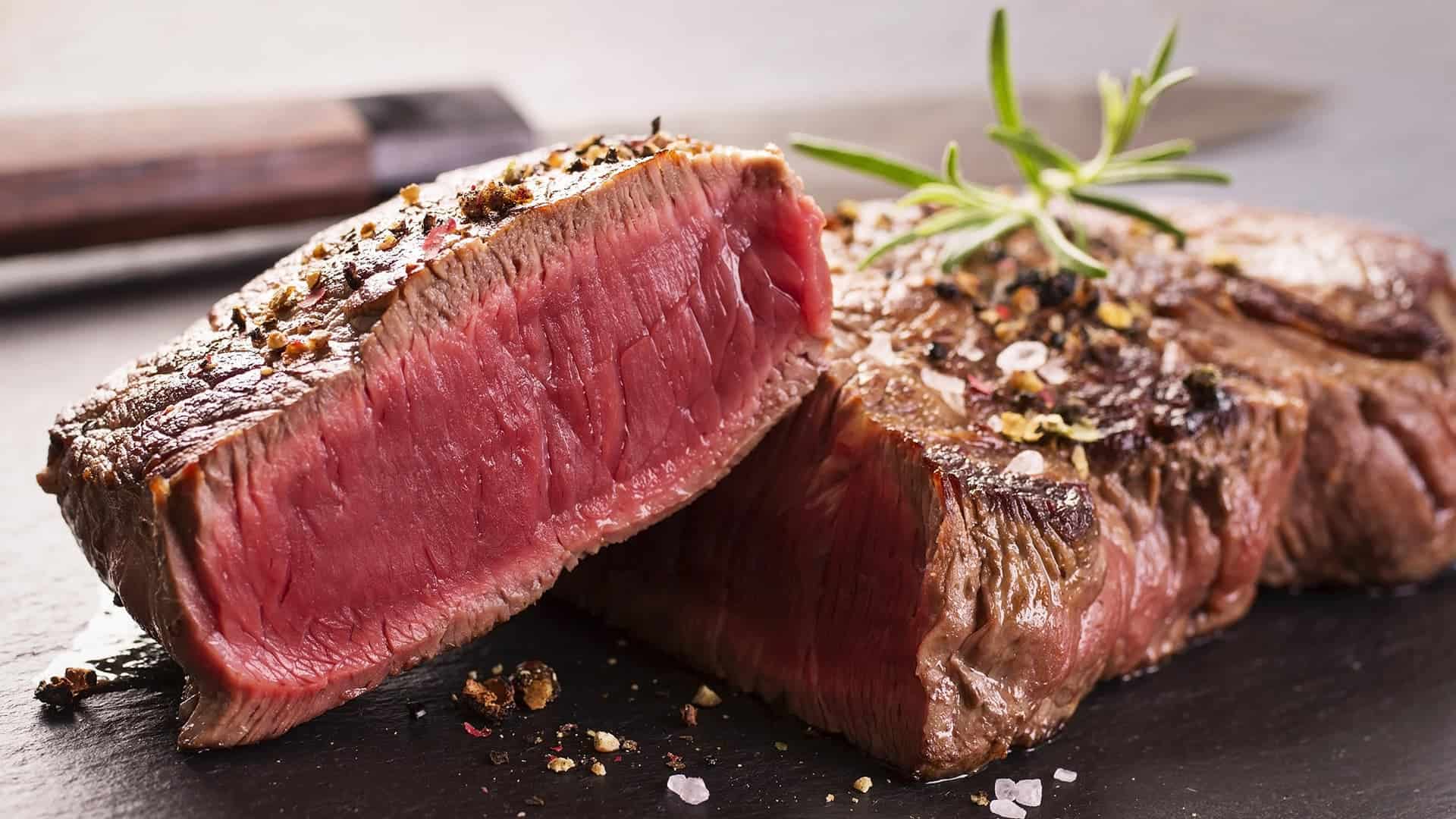Global meat and dairy consumption must be dramatically reduced if we are to avert a climate catastrophe – that’s the clear conclusion of a new report released Friday at COP26 by the international charity Compassion in World Farming.
The report, “Breaking the Taboo: Why Diets Must Change to Tackle Climate Emergency”, sets out the clear scientific case that without an urgent and dramatic global reduction in meat consumption we will be unable to meet the targets agreed in the 2015 Paris Agreement to avert a climate catastrophe.
Fossil fuels, energy and transport tend to dominate climate discussions. Governments largely ignore livestock’s contribution to climate change, terrified of taking on the powerful vested interests that drive expanding global consumption of meat and dairy.
The report reveals that: the livestock sector is responsible for 14.5% of global greenhouse gas (GHG) emissions. The food system is responsible for one-third of all GHG emissions – 75% of agriculture’s emissions are from livestock.
“To meet the Paris Agreement targets, all sectors need to reduce their emissions,” the report said. “However, if global meat and dairy consumption continue at the same rate, emissions from food and agriculture will rise significantly, and meeting the Paris Agreement targets will be very difficult.”
The changes to our diets, the report continued, could contribute up to a fifth of the mitigation needed to meet the Paris Agreement targets.
The report highlights that policies developed to solve the issue must integrate key considerations including: food security, resource efficiency, biodiversity loss, deforestation, detrimental impacts on soils and water, and animal welfare, as well as the use of antimicrobials and the risk of future pandemics.
“The central role that food and agriculture plays in the climate crisis has been virtually overlooked by world leaders,” author of the report and Chief Policy Adviser at Compassion in World Farming, Peter Stevenson, said.








